-87%
Unveiling Critical Care Advancements for Pediatric Specialists
2022 brings forth an exceptional opportunity for pediatric critical care practitioners to expand their knowledge and embrace innovative approaches through an immersive 16-hour online course. This comprehensive program delves into intricate topics, empowering participants to enhance the care they provide to their young patients.
1. Brain Death: Ethical and Medical Considerations
Understanding the complexities of brain death is paramount in pediatric critical care. This module explores the ethical and legal definitions of brain death, highlighting the crucial role of the physician in determining the irreversible loss of neurological function.
2. Neuroprotective Strategies: Preserving Brain Integrity
Protecting the delicate brain of a critically ill child is a top priority. This module delves into advanced neuroprotective strategies, such as targeted temperature management and pharmacologic interventions, aimed at mitigating neurological damage and improving outcomes.
3. Transfusion: Blood Products and Management
Blood transfusions are often necessary in pediatric critical care. This module provides a comprehensive overview of blood products, transfusion indications, and management strategies, ensuring optimal use and minimizing potential complications.
4. Massive Bleeding: Management Techniques and Challenges
Massive bleeding poses a significant threat to young patients. This module focuses on advanced management techniques, including rapid resuscitation, blood product administration, and surgical interventions, equipping participants with the knowledge and skills to effectively control bleeding and stabilize the patient’s condition.
5. Sepsis-Induced Organ Dysfunction: Recognizing and Treating Sepsis
Sepsis, a life-threatening condition, can lead to organ dysfunction in critically ill children. This module explores early recognition, prompt management, and innovative therapies, such as extracorporeal membrane oxygenation (ECMO), to improve patient outcomes and reduce organ damage.
6. COVID-19 and Multisystem Inflammatory Syndrome: A New Frontier
The pandemic has posed novel challenges in pediatric critical care. This module delves into the management of COVID-19 in children, including respiratory support strategies, antiviral therapies, and the recognition and treatment of multisystem inflammatory syndrome (MIS-C).
7. Trauma: Initial Assessment and Stabilization
Traumatic injuries are a major cause of morbidity and mortality in children. This module provides a structured approach to initial assessment, stabilization, and management of pediatric trauma patients, emphasizing the importance of prompt intervention and collaboration with trauma specialists.
8. Chronically Critically Ill Children: Long-Term Care Considerations
Critically ill children often face long-term complications. This module explores the unique needs and challenges of chronically critically ill children, including nutritional support, developmental care, and ethical considerations in long-term decision-making.
9. Nonconventional Ventilator Modes in PARDS: Optimizing Respiratory Support
Pulmonary acute respiratory distress syndrome (PARDS) is a severe pulmonary condition requiring advanced respiratory support. This module introduces nonconventional ventilator modes, including high-frequency oscillatory ventilation (HFOV) and prone positioning, discussing their benefits and limitations in PARDS management.
10. Wellness and Burnout: Preserving the Health of the Caregiver
Providing critical care to sick children can take a toll on healthcare professionals. This module focuses on the importance of caregiver wellness and burnout prevention, emphasizing self-care strategies, team support, and the use of technology to optimize workload and improve work-life balance.
11. Heart Failure: Advanced Management and Emerging Therapies
Heart failure is a common complication in critically ill children. This module provides an in-depth understanding of advanced management strategies, including mechanical circulatory support and novel therapies, such as gene therapy and stem cell transplantation.
12. Hemodynamic Monitoring: Understanding Vital Parameters
Precise hemodynamic monitoring is crucial in pediatric critical care. This module explores advanced hemodynamic monitoring techniques, including pulmonary artery catheters and non-invasive methods, enabling participants to interpret vital parameters and guide therapeutic interventions.
13. Pulmonary Hypertension: Pathophysiology and Management
Pulmonary hypertension, a serious cardiopulmonary condition, can affect critically ill children. This module discusses the pathophysiology and management of pulmonary hypertension, including pulmonary vasodilator therapies and surgical interventions.
14. Nutrition: Optimizing Nutritional Support
Adequate nutrition is essential for recovery. This module covers the principles of nutritional support in critically ill children, including parenteral and enteral feeding, calorie requirements, and micronutrient supplementation.
15. THRIVE and the ICU Liberation: Collaborative Care and Quality Improvement
The Transforming Research and Improving the Lives of Victims of Extreme Prematurity (THRIVE) initiative aims to improve outcomes for premature infants. This module explores the concept of ICU Liberation and its role in promoting collaborative care, reducing sedation, and optimizing ventilator weaning.

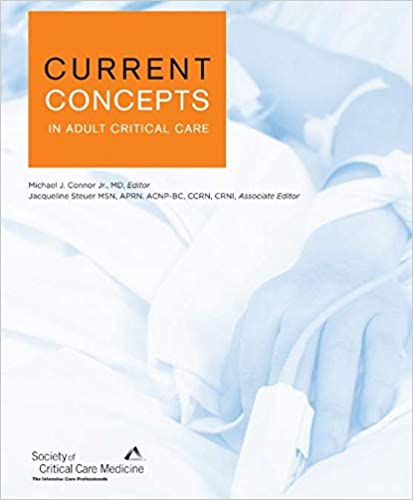
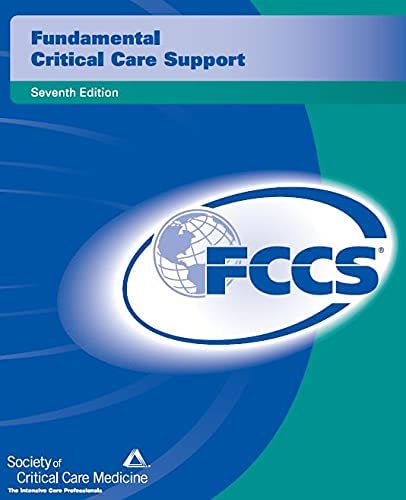

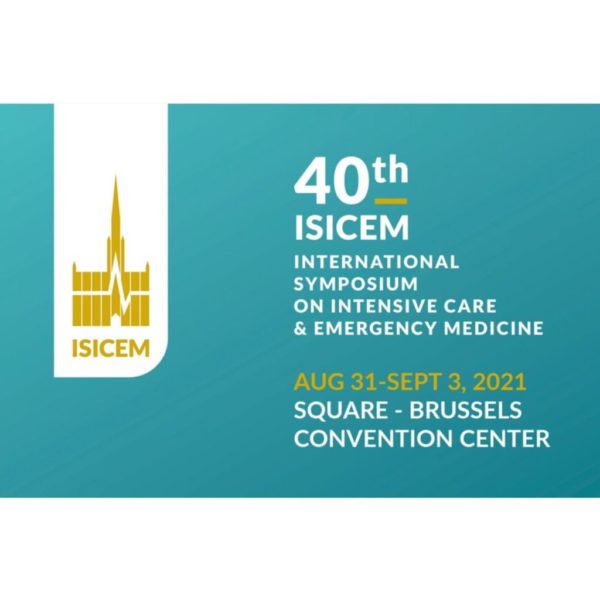
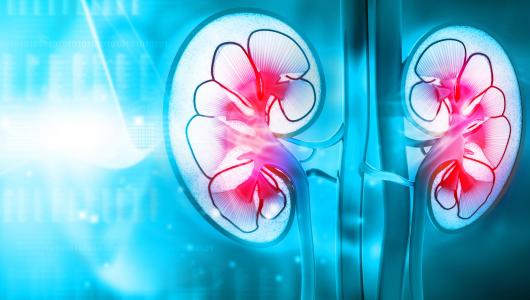
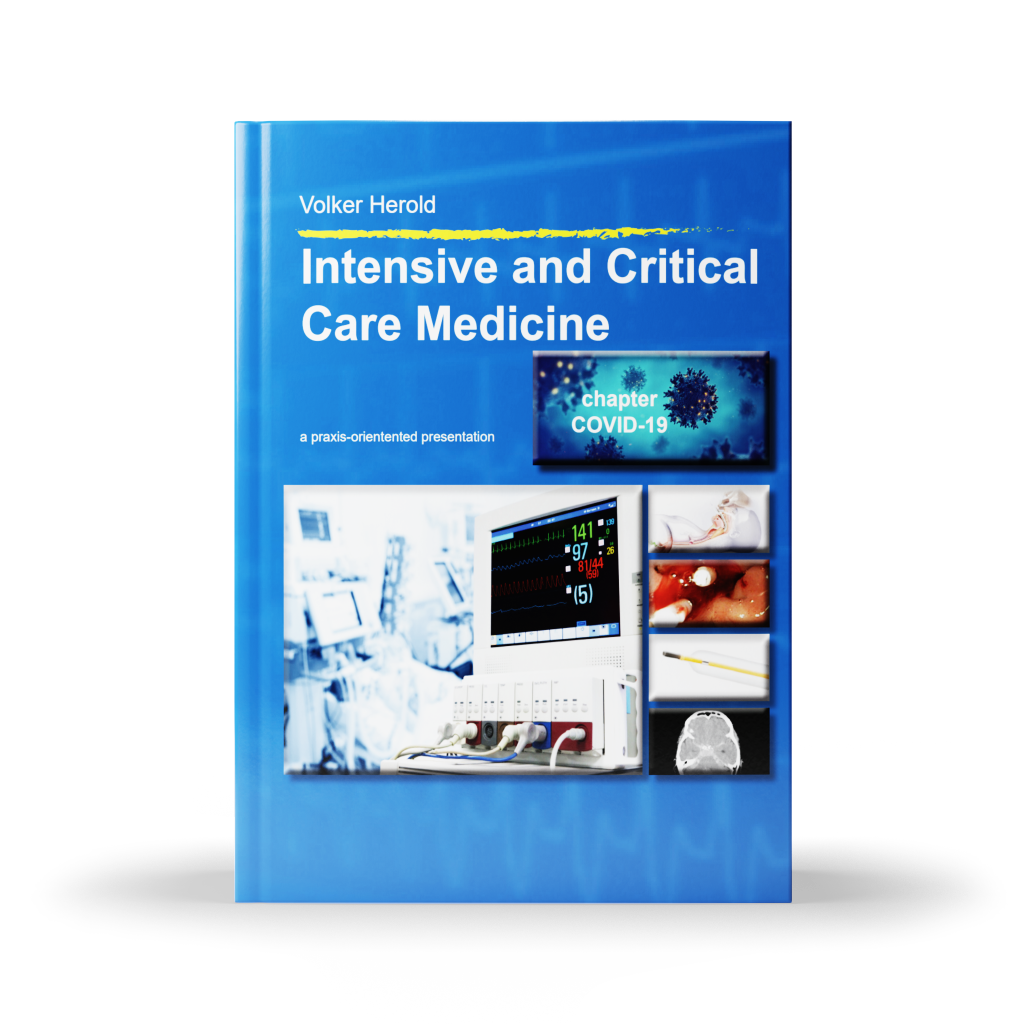
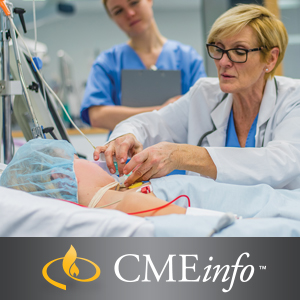
Reviews
Clear filtersThere are no reviews yet.